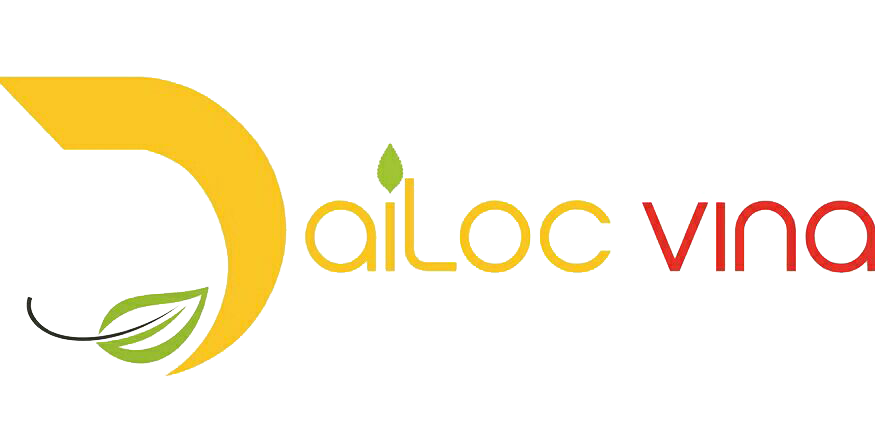News
COCO PEAT: A SUSTAINABLE SOLUTION FOR MODERN AGRICULTURE AND HORTICULTURE
Coco peat, also known as coir pith or coir dust, is an organic byproduct derived from the husks of coconuts. As an increasingly popular growing medium, coco peat is celebrated for its sustainability and versatility in horticulture and agriculture. This essay explores the origin, properties, benefits, and applications of coco peat, highlighting its role in promoting eco-friendly and efficient farming practices.
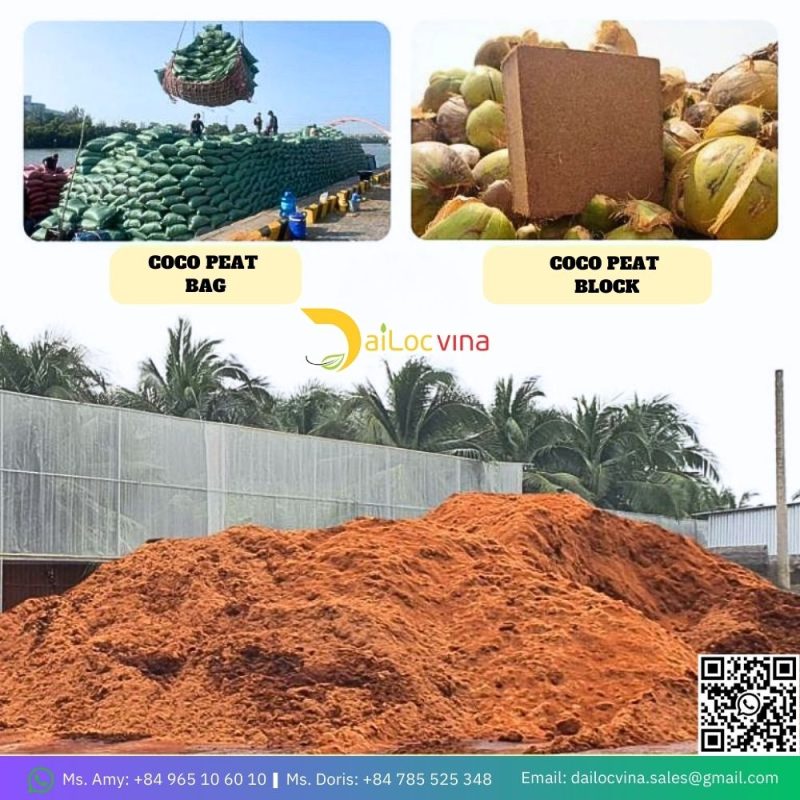
Origin and Production
Coco peat is produced from the fibrous husk of coconuts, a byproduct of the coconut industry. Traditionally, the coir fiber extracted from coconut husks was used for making ropes, mats, and brushes, while the remaining material, or coir pith, was often discarded as waste. However, the discovery of its excellent water retention and soil conditioning properties has transformed coir dust into a valuable agricultural resource.
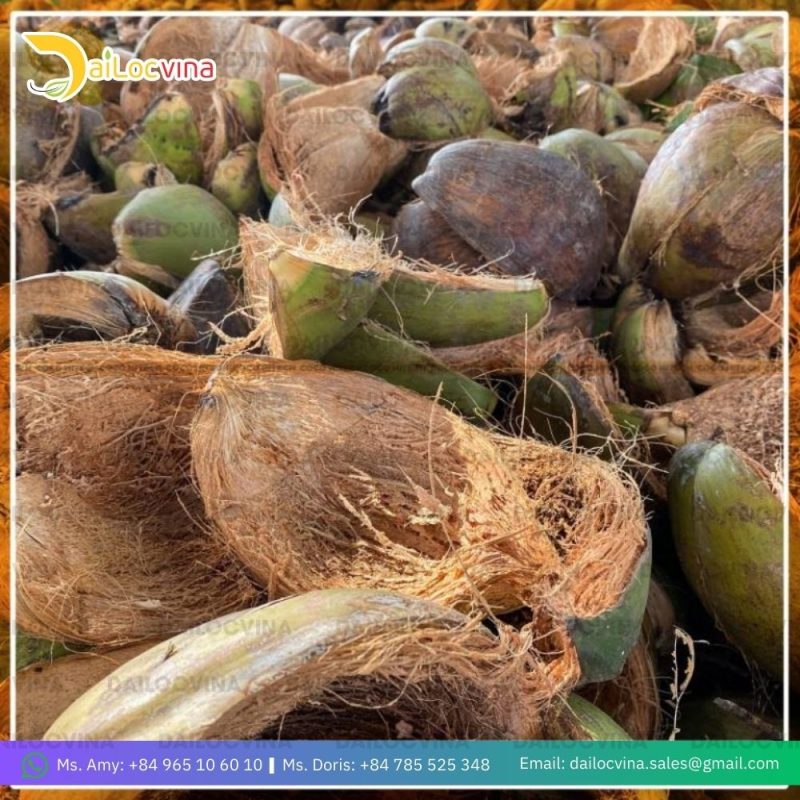
The production process involves soaking the coconut husks in water to loosen the fibers, followed by mechanical processing to separate the fibers from the pith. The pith is then dried and compressed into blocks or bricks for easier handling and transportation. This process not only utilizes a waste product but also provides a sustainable alternative to peat moss, which is harvested from ecologically sensitive peat bogs.
Coco Peat’s Properties and Composition
Coco peat is characterized by its spongy structure, which allows it to retain water efficiently, holding up to eight to nine times its weight in water. This property makes it an ideal medium for maintaining consistent moisture levels around plant roots, reducing the frequency of watering and promoting healthy growth.
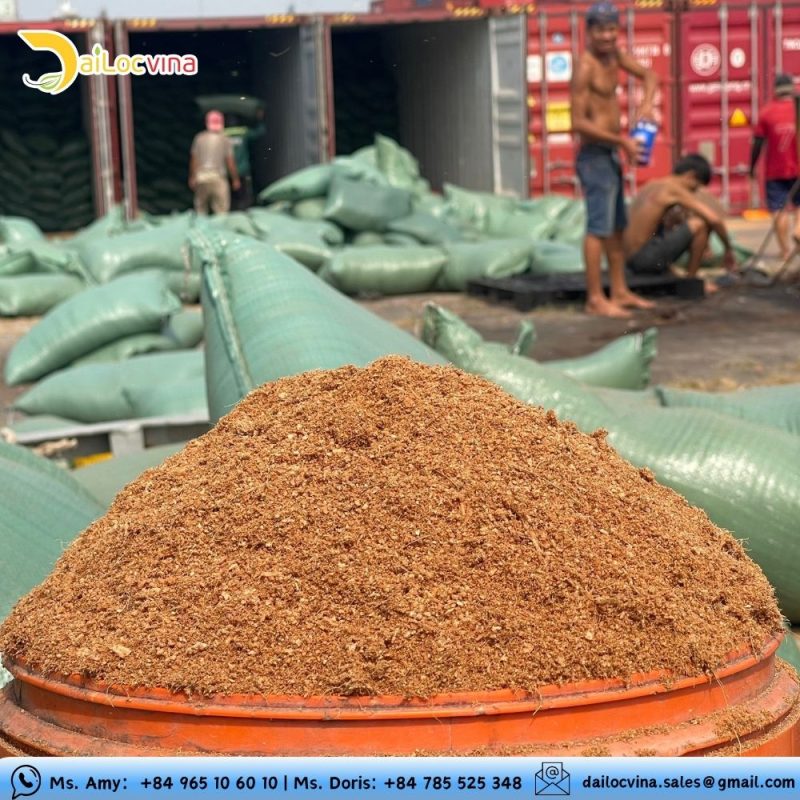
In addition to its water retention capabilities, coir pith offers excellent aeration, preventing soil compaction and ensuring that plant roots receive adequate oxygen. Its neutral to slightly acidic pH (typically around 5.5 to 6.8) makes it suitable for a wide range of plants, although it is relatively low in essential nutrients such as nitrogen, phosphorus, and potassium. Therefore, coco peat is often supplemented with fertilizers when used as a primary growing medium.
Environmental Benefits of Coco Peat
One of the most significant advantages of coco peat is its sustainability. As a byproduct of the coconut industry, it repurposes materials that would otherwise be discarded, reducing waste and promoting the efficient use of resources. Moreover, coco peat is a renewable resource, as coconuts are harvested multiple times a year, ensuring a steady supply.
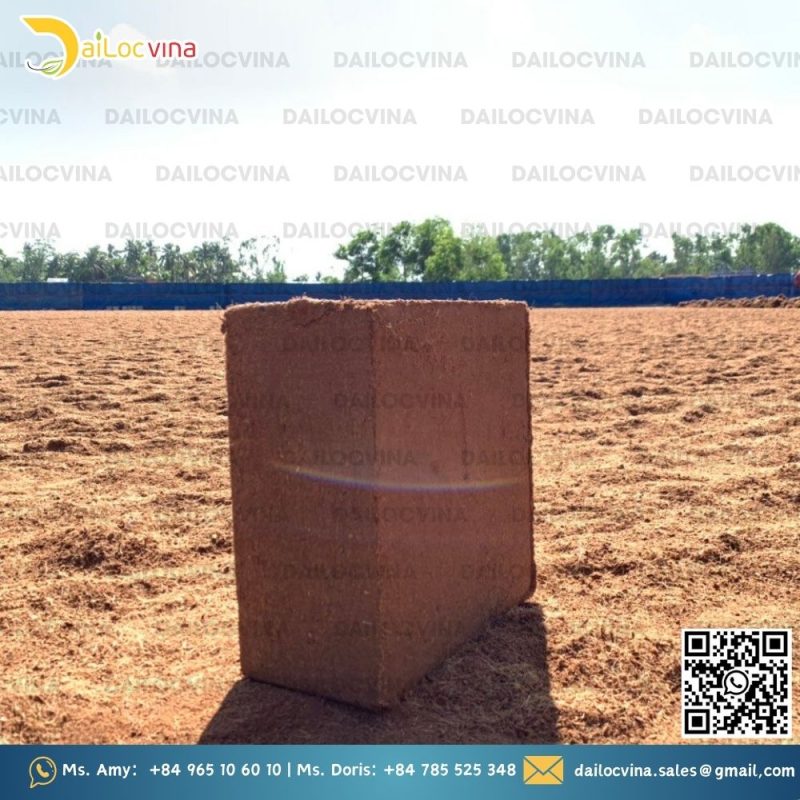
By providing an alternative to peat moss, coco peat helps protect peat bogs, which are critical ecosystems that store large amounts of carbon and support diverse wildlife. The use of coco peat thus contributes to the conservation of these valuable habitats and mitigates the environmental impact of traditional peat extraction.
Applications in Horticulture and Agriculture
Coco peat’s versatility makes it suitable for various horticultural and agricultural applications. In gardening, it is commonly used as a soil amendment to improve soil structure, enhance water retention, and increase aeration. It is particularly beneficial for sandy soils, which drain quickly, and clay soils, which tend to compact easily.
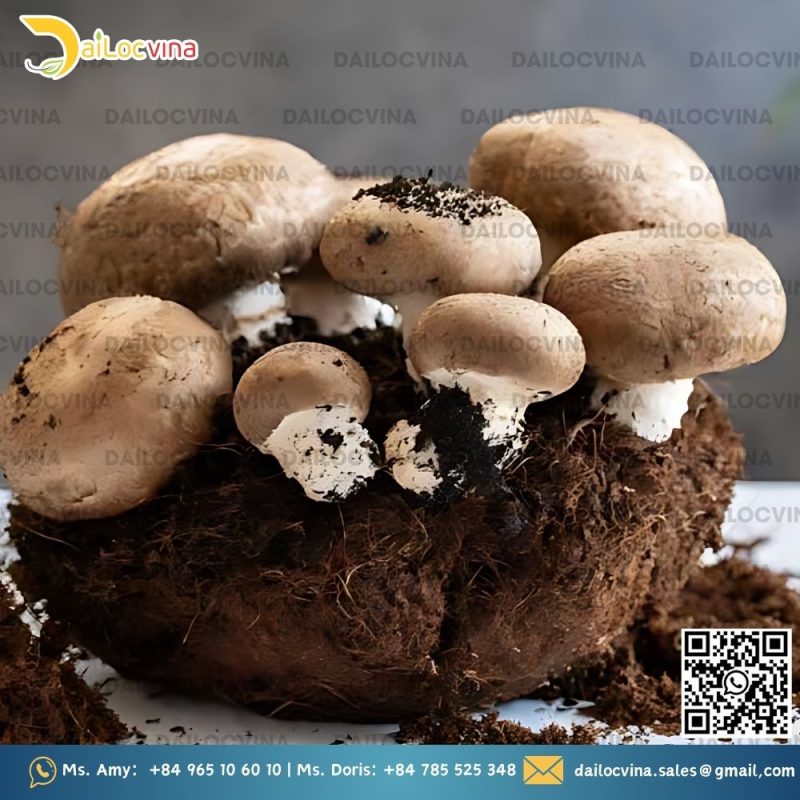
In hydroponics, it serves as an excellent soilless growing medium, supporting root health and providing a stable environment for nutrient uptake. Its fine texture and uniform consistency also make it ideal for starting seeds and growing seedlings, ensuring a consistent moisture level that promotes germination and early plant development.

Furthermore, it can be used in composting to balance carbon-to-nitrogen ratios and improve the moisture content of compost piles. This enhances the decomposition process and results in richer, more fertile compost.

All in all, Coco peat is a remarkable example of how agricultural byproducts can be repurposed into valuable resources that support sustainable farming practices. Its excellent water retention, aeration properties, and environmental benefits make it a versatile and eco-friendly growing medium for modern horticulture and agriculture. By utilizing coco peat, growers can reduce waste, conserve natural habitats, and promote healthier plant growth, contributing to a more sustainable and efficient agricultural system.
DAILOC VINA – The best choice for you guys
DaiLocVina is a prominent supplier. We offer a variety of coconut-related products, including coco peat. You can find coco peat in different forms, such as blocks and grow bags, which are suitable for various gardening and agricultural needs. DaiLocVina emphasizes sustainability and eco-friendliness in their products, making them a reliable choice for your coco peat requirements.
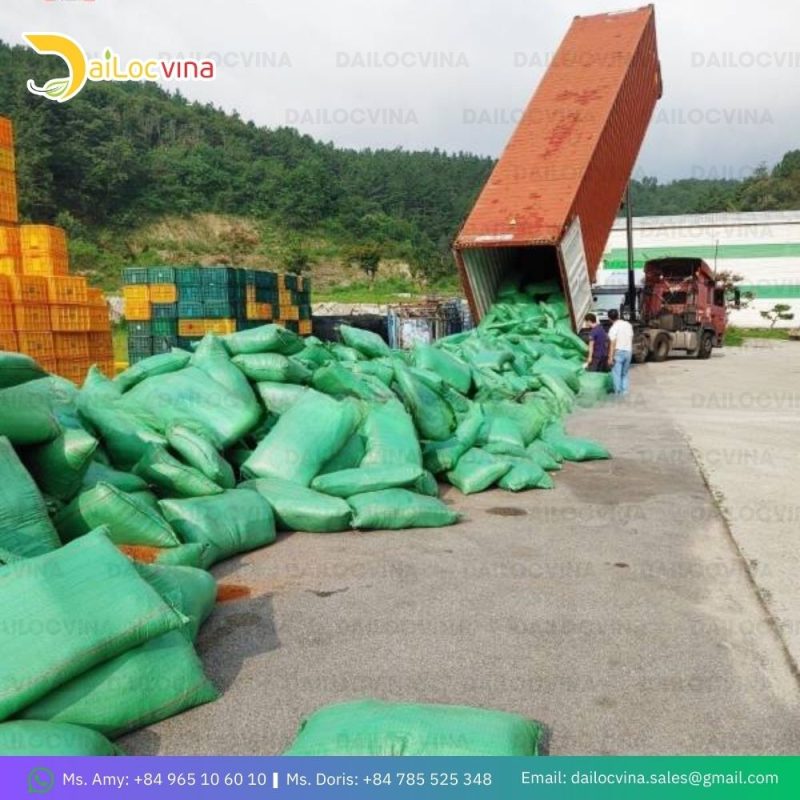
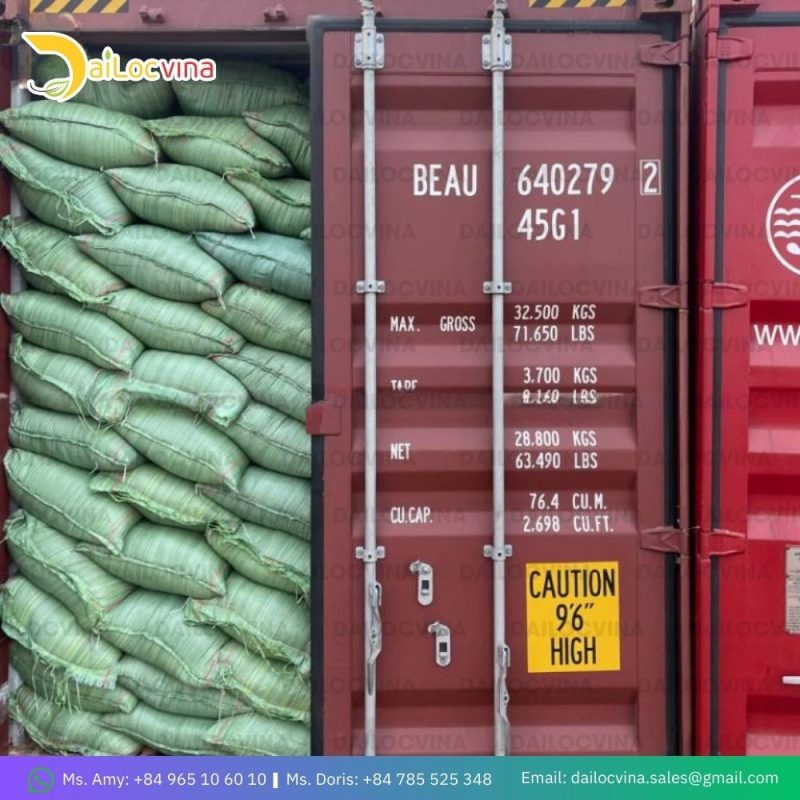
For specific product inquiries or bulk purchases, it is advisable to get in touch with our sales representatives to discuss your needs and get detailed pricing and shipping information.
Mr Ryan (Vietnam): +84 938244404 (Kakaotalk, Wechat, Whatsapp)
Ms. Doris (English): +84 785525348 (WhatsApp/ Wechat)
Ms. Amy (English) :+84 965106010 (WhatsApp/Wechat/Kakao)
Ms.Lan ( 한국 영업 담당자 ): +84 969273598 | Kakaotalk ID: hoailan98
阮秀钗 (中文): +84 933320776 微信ID:TuTram1008
阮祥薇(中文):+84397317401 微信ID:Nttv0608
Website: https://cocohitech.com/ (English)
Website: https://kr.cocohitech.com/ (Korea)
Website: https://cocohitech.jp/ (Japan )
Youtube: https://www.youtube.com/watch?v=zX5ZM0szC6k
